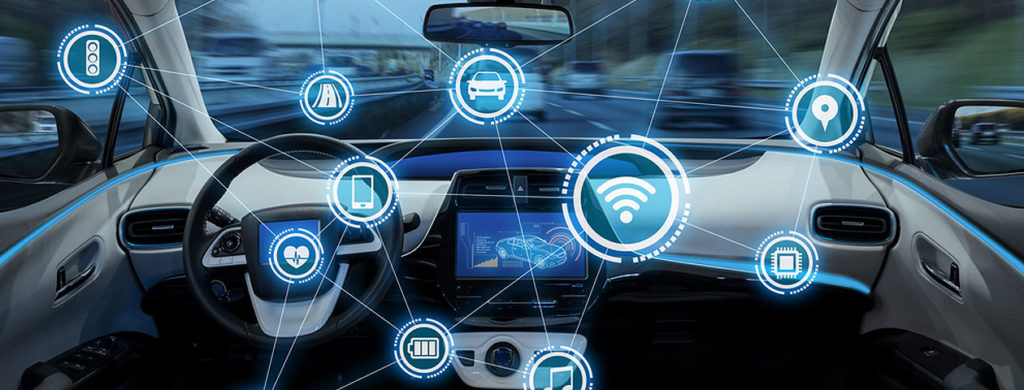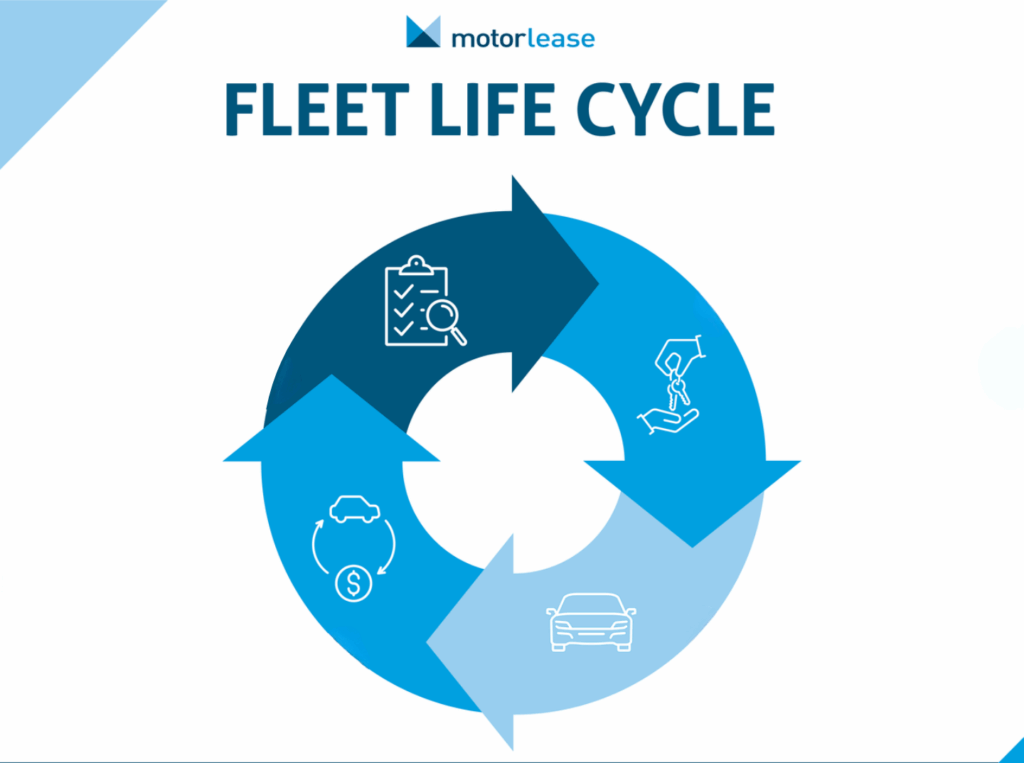We have come a long way when it comes to vehicle technology. However, despite how far we’ve come, manufacturers are still working tirelessly to develop the next big thing. While autonomous driving seems to be the current focus, there may be some other advancements coming our way. In this article, we’ll discuss some future vehicle technology that could possibly be brought into the mainstream in the not-so-distant future.
In This Article
Biometric Access
Vehicle-to-Vehicle (V2V) Communication
Health Monitoring
Biometric Access
The way in which we access and start our vehicles has changed drastically over the years. Standard keys that could be cut at any local hardware store gave way to programmable key fobs, which have now been replaced in many new vehicles with keyless entry and push-button ignition. But with thieves developing new ways to remotely hack your vehicle’s keys, it makes sense that we may see biometric access sooner rather than later. In fact, Ford may be currently working on this feature, as they were granted a patent for the technology in 2015. How the system works could still be up in the air, but it may be possible in the future to unlock and start your vehicle with your fingerprint, a retina scan, or a combination of the two. This technology is currently available on the latest smart phones, so it’s not a far jump to assume we see it in vehicles at some point.
Vehicle-to-Vehicle (V2V) Communication
Imagine if vehicles could “talk” to one another while out on the road to avoid accidents, coordinate lane changes, or manage traffic jams. That is what researches believe that vehicle-to-vehicle communication would allow. Vehicles would be able to use numerous sensors and wireless signals in order to analyze and detect their surroundings, and instantaneously communicate with surrounding vehicles. The result would be a much safer and efficient method of travel. In fact, a study by the National Highway Traffic Safety Administration found that V2V communication has the potential to decrease vehicle crashes by as much as 79%. While this technology has been talked about for years, with the continued push towards autonomous vehicles, it’s looking more and more like something that we will end up seeing at some point in the future.
Health Monitoring
Manufacturers are continuously attempting to develop new technology that will improve safety. While much of the attention is paid to features such as automatic braking, and lane keep assist, one safety aspect that has often gone overlooked is that of the driver’s health. That may begin to change, as some manufacturers are developing health monitoring features. According to the New York Times, “Several manufacturers, including Audi, Mercedes and Volvo, currently offer drowsiness detection systems that monitor a vehicle’s movements, such as steering wheel angle, lane deviation, time driven and road conditions. When drowsiness is detected, drivers are typically warned with a sound and the appearance of a coffee cup icon.” However, these systems may be taken a step further in the future. It’s not out of the realm of possibility to imagine a steering wheel or seat belt capable of monitoring a driver’s vital signs. With partial autonomous technology, the vehicle may even be able to safely pull over and dial 911 in the event that it detects an emergency, such as a heart attack, seizure, or if the driver becomes unconscious. This type of technology would go a long way towards reaching the next level in driver safety.












